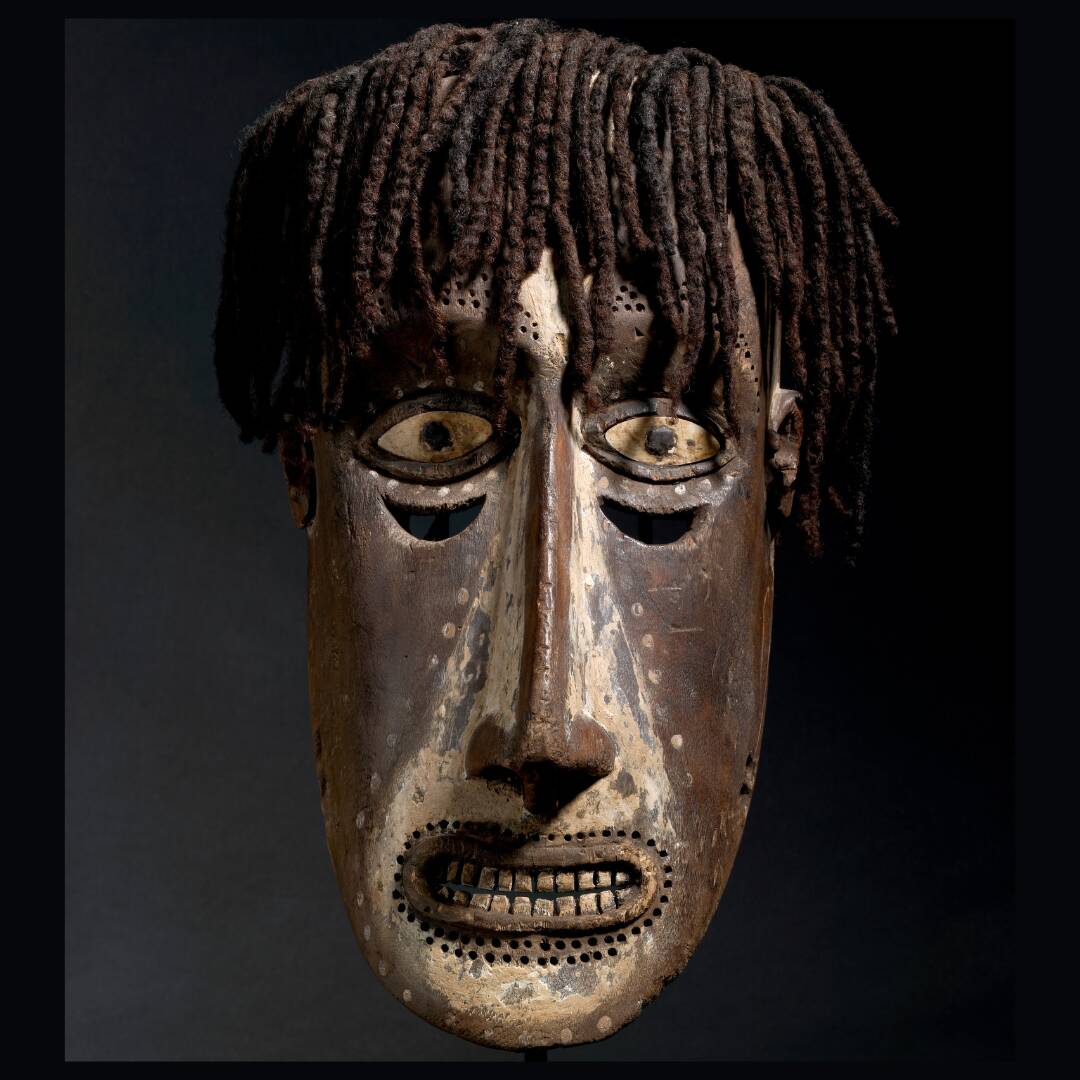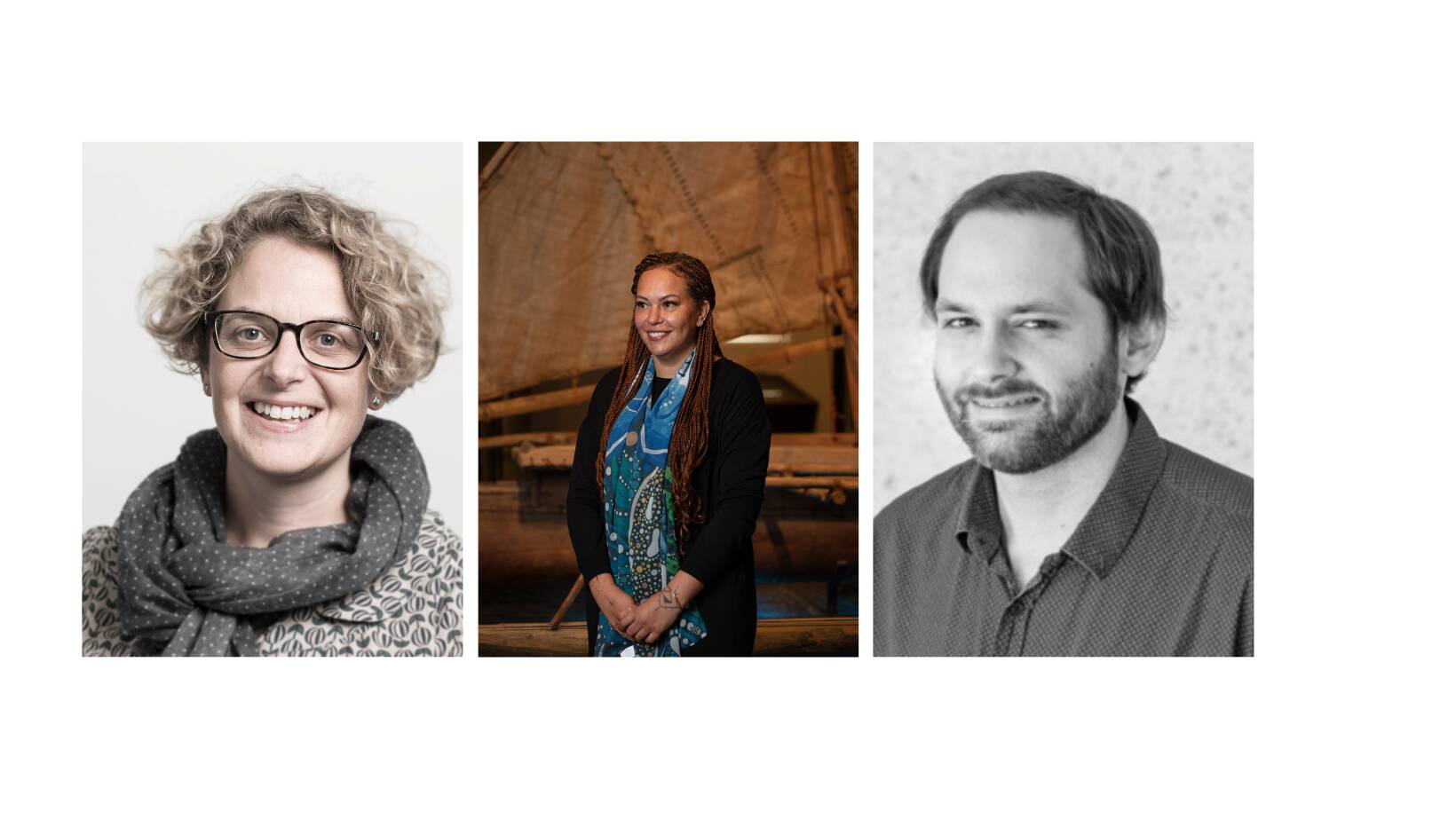About the Speakers
Chantal Knowles is a museum professional who has worked in the United Kingdom, Australia and Aotearoa New Zealand, and developed permanent galleries at National Museums Scotland and Queensland Museum. Currently, she is Head of Human History at Tāmaki Paenga Hira Auckland War Memorial Museum. Her research focuses on the role of objects and collections in narrative and sustaining knowledge. She is co-director of Te Aho Mutunga Kore – a textile and fibre centre at Auckland Museum launched January 2023. The centre prioritises Māori and Pacific access to collections to decentre the museum funding projects led by and for communities, knowledge holders and makers.
Juliana Satchell-Deo was brought up in Papua New Guinea, Australia and Fiji. She is of East Kwaio, Malaita, Solomon Islands, Mer Island, Torres Strait Islands (Australia) and Daru Island, Western province (Papua New Guinea) peoples. Juliana is interested in the customary practices of her culture and the specific spatial relationships within these customs and rituals. As Associate Curator, Pacific at Tāmaki Paenga Hira Auckland War Memorial Museum, Juliana works to encourage Truth Telling through the museum’s Pacific collection. Her passion is to support others to connect to their stories, songs, dance, and ways of being so their worldviews are celebrated and nurtured.
Jacob O’Keefe works at the National Gallery of Australia as the Associate Curator, Aboriginal and Torres Strait Islander Art Provenance. He is a member of the Bundjalung people. Jacob has also worked at the Australian Institute of Aboriginal and Torres Strait Islander Studies (2017–2020), most recently as Assistant Curator. His work has encompassed provenance research, repatriation, collections policy, copyright and intellectual property. Jacob’s interests include museum and cultural protocols along with caring for cultural material. He holds a Bachelor of Arts majoring in cultural heritage and sociology as well as a Diploma of Law and Collections Management.

